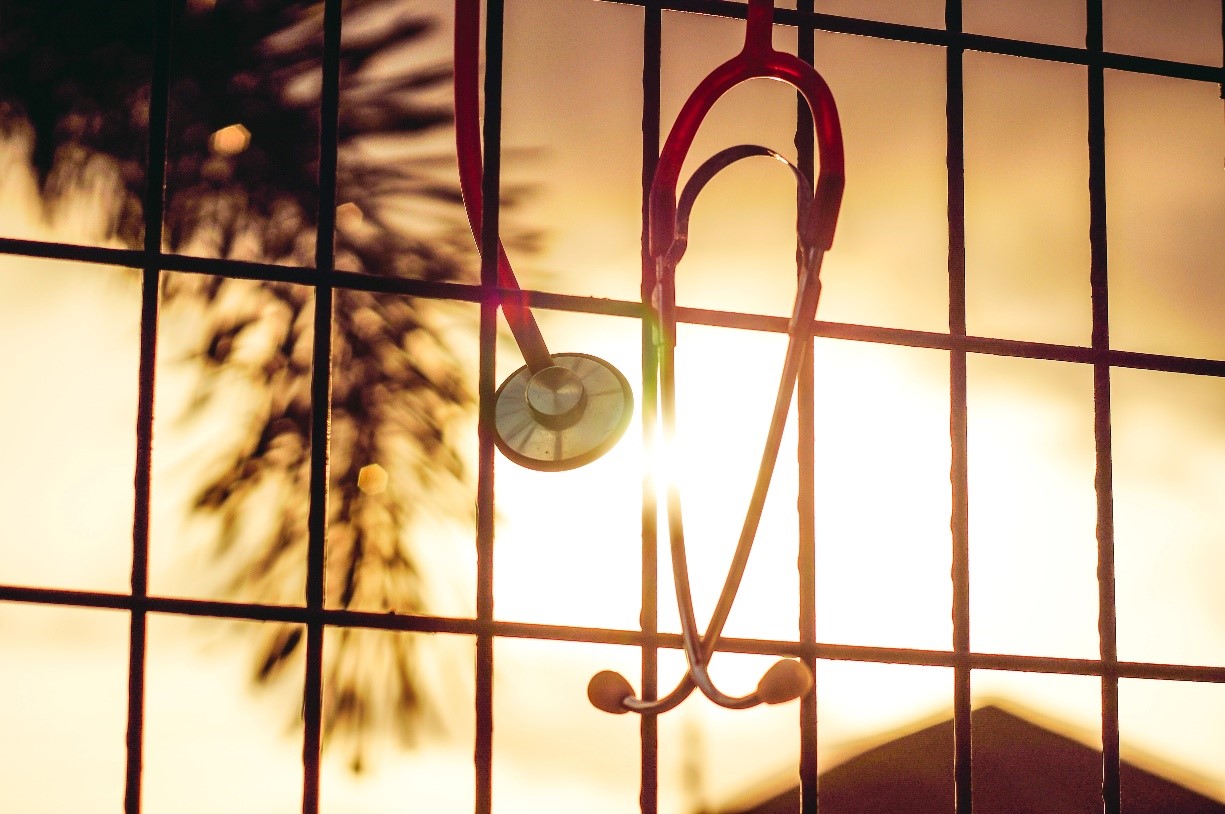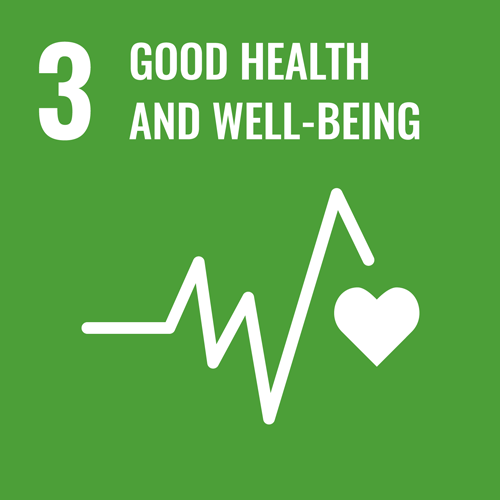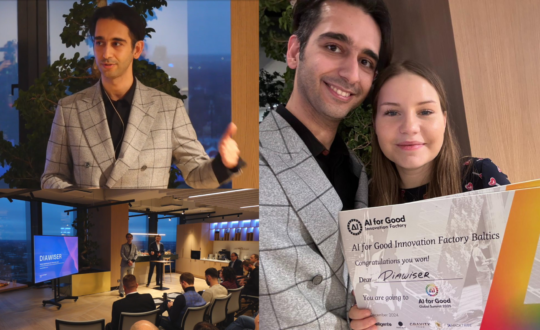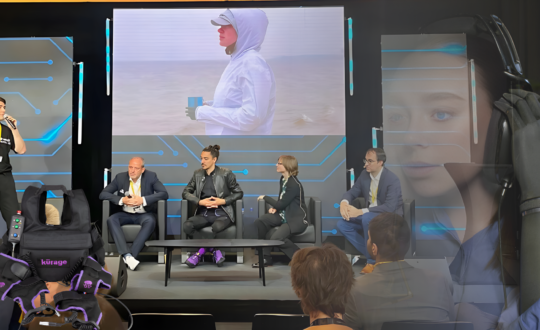Autonomous mobile clinics (AMCs) are self-driving vehicles equipped with medical diagnostic technologies, telemedicine capability and artificial intelligence (AI) doctors that can perform some of the tasks of health professionals, such as disease screening and basic diagnostics. Such clinics have the potential to revolutionize healthcare delivery by bringing healthcare services to hard-to-reach populations. AMCs answer to the United Nations Sustainable Development Goal 3 (SDG3) on health, which represents a universal recognition that health is fundamental to human capital and social and economic development.
As illustrated by our publication on Bulletin of the World Health Organization, AMCs are the next generation of healthcare delivery platforms, whereas AI doctors are applications on these platforms, similar to how various applications expand the usage scenarios of smartphones. Combing the power of both, AMCs can be configured with various AI doctors and medical devices to suit for the deployment situation.
Take the recent global monkeypox outbreak for example: anAICOM-MP methodology was developed by AMC experts and researchers from McGill University and Harvard T.H. Chan School of Public Health with inputs from Senior Programme Advisor of the UN Technology Bank. This methodology trains an AI doctor to detect monkeypox based on images taken from resource-constrained devices such as low-end mobile phones. Compared to existing AI-based monkeypox detectors, AICOM-MP has achieved state-of-the-art performance. Furthermore, to allow health AI professionals around the globe to integrate AICOM-MP into their services, AICOM-MP’s source code and dataset have been open-sourced.
Many existing AI doctors fail to handle a wide spectrum of data, and especially fail to perform on images taken from resource-constrained devices, particularly low-end mobile phones widely used by people in poor economic conditions. To address this challenge and to allow universal access to AI doctors, we have generalized the following methodology that can be applied to other AI doctors beyond monkeypox, such as measles, chickenpox, eczema, etc.
- Robust Dataset: A robust dataset that has wide coverage, diversification, and generalization is essential to improve detection accuracy of an AI doctor. In the case of AICOM-MP, we have developed a dataset through data selection to improve coverage, data augmentation to improve diversification, and data balancing to improve generalization.
- Attention Model: an AI doctor that resembles how real-world medical professionals diagnose diseases using the attention mechanism that performs the best. In the case of AICOM-MP, the image processing step operates similarly to physicians’ visual behaviours on allocating their visual attention towards lesion regions. Images are then processed hierarchically through three stages of stratification of visual information, and only the medically-indicative features are kept for further inferences. This attention-based method can be generalized to other AI doctors as well.
- Compute Optimization: Compute optimization is imperative to ensure efficiency and scalability of AI doctors. In the case of AICOM-MP, we have optimized both data processing and handling images from resource-constrained devices. For data processing, we have incorporated a compressor component in AICOM-MP. We have also utilized an image restoration module to improve detection accuracy on pictures taken from low-end mobile devices.
Furthermore, we have identified two immediate next steps for AI doctor development. First, releasing the AICOM-MP mobile application along with its source code, so that people with limited or no connectivity can still access to monkeypox screening technology. Second, based on the success of AICOM-MP, developing AI doctors for other tropical diseases, especially for types that have obvious skin symptoms that can be screened by the AI-powered robust image processing function.
We welcome partners, scientists and development agencies to further develop, open source and standardize AI doctors’ function while broadening the application areas for this technology to serve more “underserved” and reach more “hard-to-reach” population.
Join the upcoming AI for Good Webinar on AI and Health

Ms. Ao Kong has 17 years of international management experience in global strategy, technology for peace and development, and multi-sector partnerships working for the United Nations, and in ESG investing and leadership role for the Tech industry. Recently, she became Senior Programme Advisor and Chief of Resource Mobilization and Strategic Communications at United Nations Technology Bank for Least Developed Countries, and 92Y Belfer Center Women in Power Fellow in New York City. She also serves on MIT Solve Annual Challenge Leadership and judge panel guiding tech-based social entrepreneurs to solve world challenges. She is a featured speaker and writer at global fora including Milken Global Conference, Harvard Business Review, World Economic Forum and IEEE, and awarded as “Pacific Delegate” by Carnegie Council for Ethics in International Relations.

Dr. Shaoshan Liu is the Asia Chair of IEEE Entrepreneurship, the Autonomous Machine Computing chair of the IEEE International Roadmap of Devices and Systems (IRDS), and a member of the ACM U.S. Technology Policy Committee. Dr. Shaoshan Liu’s educational background includes a M.S. in Biomedical Engineering, a Ph.D. in Computer Engineering from U.C. Irvine, and a Master of Public Administration (MPA) from Harvard Kennedy School.















